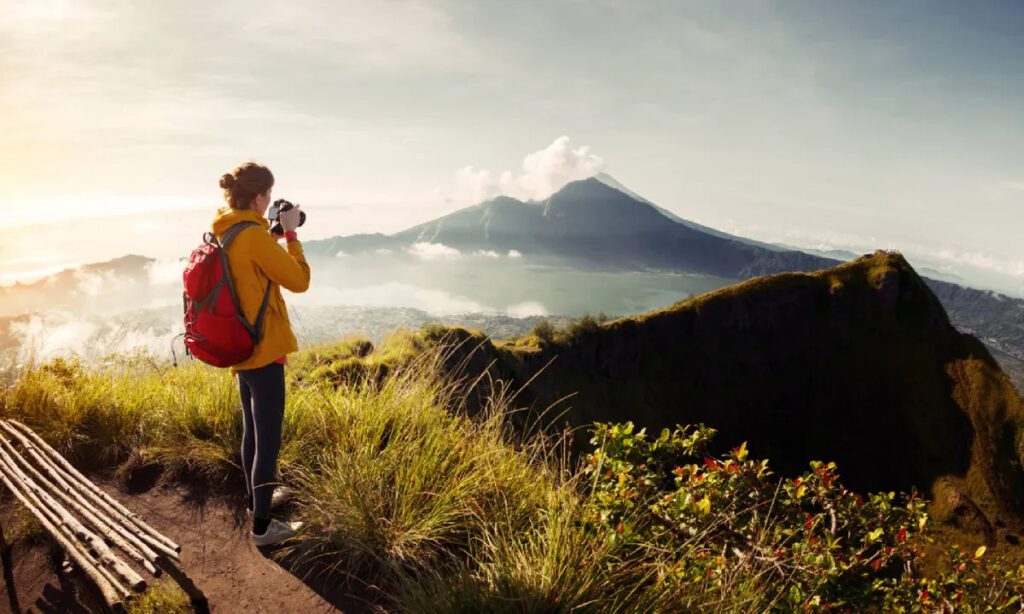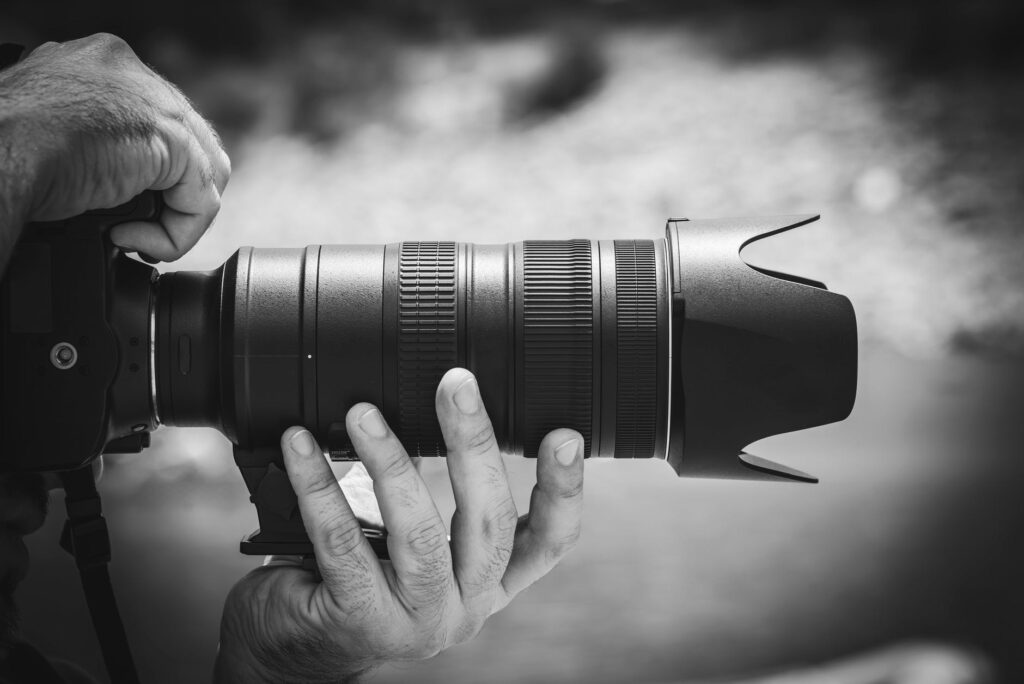Photography is a captivating art form that captures and preserves the magical essence of light. The screen of imagery remains blank and devoid of visual charm without its light. Light orchestrates exposure, gives hues, dances with shadows, and illuminates the perfect while absorbed in its chromatic symphony. So, let us begin on a journey, revealing Yvette Heiser – The Role of Light in Professional Photography and unlocking the door to beyond captures.

The Captivating Palette of Natural Light
To capture stunning images, professional photographers use a variety of light sources. The ever-changing palette of natural light, which is plentiful during daylight hours, offers limitless possibilities. Each moment, from the fleeting allure of sunrise’s gentle, warm radiance to the awe-inspiring, majestic hues of sunset, makes photographs infused with enchantment. Moreover, the appealing blue hour that graces the twilight sky gives off a tranquil and otherworldly atmosphere that photographers seeking to immortalize captivating scenes effectively take advantage of.
Maximizing the Potential of Artificial Light
Photography devotees have an enormous number of resources and techniques at their disposal to maximize the potential of artificial light. Strobes, softboxes, and reflectors are just a few drops in the massive pool of lighting gear that allows photographers to shape and control the luminosity. Such instruments organize the luminous movement, conferring expertly created atmosphere and appealing to images. Think about a softbox, which gracefully diffuses the unrestrained rays, resulting in a sublime radiance that kisses every contour in pictures par superiority.
The Interplay of Light and Shadow
Photographers can add texture and dimension to their images by considering the way light and shadow collaborate. Light guidance may bring out or conceal specific features, successfully conveying a story within a photograph. A portrait illuminated by side lighting, for example, can highlight the subject’s facial contours, whereas a landscape shot during the golden hour can evoke feelings of warmth, peace and quiet.
Distinct Approaches to Lighting in Different Types of Photography
Various types of photography require distinct approaches to lighting. In portrait photography, for example, the lighting setup should be more level and emphasize the subject’s features. The quality of light in landscape photography may transform a scene from ordinary to extraordinary by enhancing the colors and textures of the natural world. To highlight the intricate details of objects that are inanimate, the still-life of photography heavily depends on controlled lighting setups.
Post-Processing Techniques and the Profound Influence of Light
In the world of photography, the use of post-processing techniques plays a vital part in enhancing the profound influence held by light. Photographers can achieve their desired artistic manifestation by thoroughly refining the exposure, color balance, and contrast using sophisticated editing software. This intricate move enables them to emphasize the critical role that light plays in their photographic creations, clarifying its inherent details and amplifying the overall impact in a truly fascinating manner.
Conclusion
Light is the essence of photography, the force that shapes and defines every image. By harnessing the power of light, photographers can manipulate the mood, highlight the subject, and ultimately create photographs that leave a lasting impression on viewers. So, whether you are capturing a portrait, a landscape, or a still life, remember the pivotal role that light plays in the art of professional photography. Also, don’t forget to follow Yvette Heiser Texas – Wildlife Photography Exploration to have a better understanding of wildlife photography.



